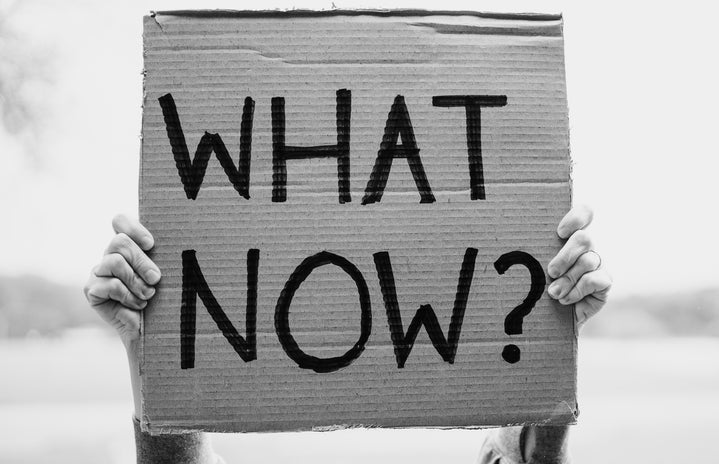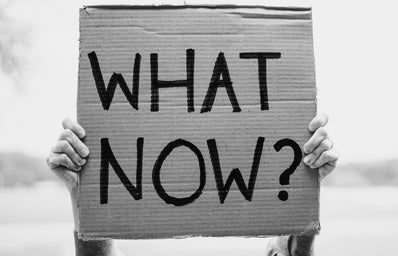Whether singers or politicians, most of us have prominent figures that we look up to. Still, very few of these people are perfect. Sometimes, questionable comments or statements can come to light and these statements can have detrimental effects on the reputations of even our most favorite celebrities.
Apologies and Twitter rants consist of the typical, “I’m a good person” and “this doesn’t reflect who I am” and often only happen after the incident gains mass attention. When this happens, the public is usually faced with two options: they accept the apology and move on, or the individual in the wrong becomes “cancelled.” Whether that’s through not listening to an artist’s music anymore or unfollowing them on social media platforms, the reputation of that individual is harmed, and they usually suffer the consequence of losing something very valuable: their fans.
This was seen most recently Spring of 2020 in the wake of the Black Lives Matter movement following the tragic death of George Floyd. This movement sparked massive public discourse largely through social media platforms about fighting racism and spreading awareness for the cause. With such an impact on the way public figures and civilians started communicating and advocating for social change on these platforms, a hyper-focus on how people responded to the Black Lives Matter movement and discrimination toward the Black community developed.
Well-known public figures like Bachelor contestant Victoria Fuller, Abby Lee Miller and Youtubers Jenna Marbles and Shane Dawson received serious backlash for their racist actions toward the Black community and became “cancelled” in the eyes of many.
The problem with public apologies is that once an issue is brought up, whether in private or was dug up from old social media posts, these apologies stem from the fact that these individuals were “caught.” There is no accountability for their own actions or words before they became exposed, showing a lack of care and an even greater lack of genuinity in their apologies. Once someone’s true colors show, it is difficult for the public to decide what is a true apology and what is just to save face.
The Negative Effects
Are these apologies justified? In discovering that a marginalized community was harmed through the words of an individual with a massive following, we see a terrible outcome. When we witness these hateful public comments and look the other way we are saying that homophobia, racism, xenophobia, transphobia, domestic violence and so much more have a place in our society.
Taking it Seriously
The potential millions of people harmed by celebrities must be accounted for. Conversely, these affected people must be the ones to decide what is offensive and not—no one should disregard their voices or opinions.
When we view cancel culture as “stupid” or “invalid,” who’s to say that is not putting marginalized communities in harms way? Is it signaling that offending certain communities is acceptable or that we do not care what they think?
What if these apologies come with promises of change, character growth, and are followed up with action? A person’s public image can arguably become tainted regardless of how they’ve changed and educated themselves; however, exceptions can be made for those who have made a conscious effort to better themselves and become aware of the harm their statements cause while avoiding making the same mistakes in the future. In 2020, actress Anne Hathaway apologized for her lead portrayal of The Grand High Witch in “The Witches.” The character has three fingers on each hand, a trait that many drew similarities to the condition ectrodactyly, a limb disability. Hathaway acknowledged that the portrayal was upsetting to people, and especially children, with this condition as well as other limb differences, and took to Instagram to issue a public apology. She stated that she felt she had let families down, and if she had made this connection before, she would have never been a part of the movie.
Cancel culture is used to help marginalized groups voice their opinions and stand up for what they believe. If anything, promoting cancel culture is a way to signify that as a society we are moving toward being more intolerant of abusive and oppressive tendencies. I don’t think it is something to invalidate or sweep under the rug with a blanket statement of “people get too offended these days.”



